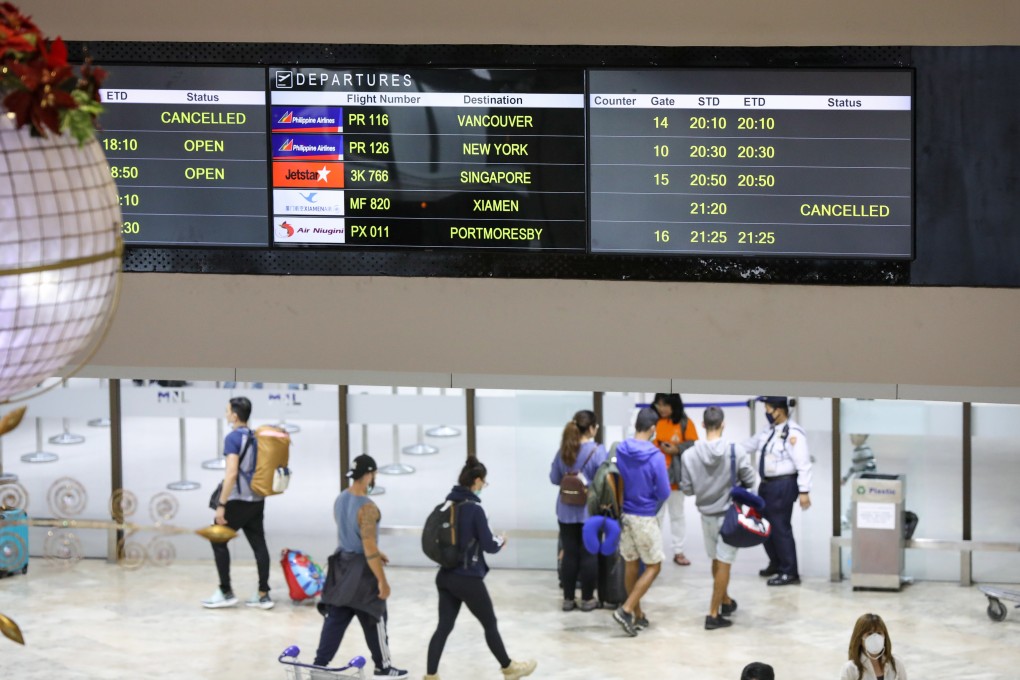Advertisement
China hits back at international travel bans as concerns grow coronavirus could damage economy
- President Xi Jinping tells Donald Trump that Beijing has ‘declared a people’s war’ to defeat the deadly contagion
- But a lack of transparency and perceived under-reporting of infection numbers could have a long-term impact on China, analysts say
Reading Time:4 minutes
Why you can trust SCMP

China is becoming increasingly frustrated by the travel bans imposed on its citizens amid the coronavirus outbreak, observers say, adding that the tension could have serious economic implications for Beijing and its trading partners.
On Friday, Chinese President Xi Jinping told his US counterpart Donald Trump that Beijing was doing all it could to contain the outbreak.
“We have adopted the most comprehensive and strictest prevention and control measures,” state broadcaster CCTV quoted him as saying in a telephone conversation.
Advertisement
“We have declared a people’s war … [and] are fully confident and capable of fighting the epidemic. The long-term trend of China’s economic development will not change.”
Trump said on Twitter on Friday that he had had a “very good conversation” with Xi and that he was confident China’s efforts to contain the coronavirus outbreak would be successful.
Advertisement
“He is strong, sharp and powerfully focused on leading the counterattack on the Coronavirus,” the tweet said.
Advertisement
Select Voice
Choose your listening speed
Get through articles 2x faster
1.25x
250 WPM
Slow
Average
Fast
1.25x